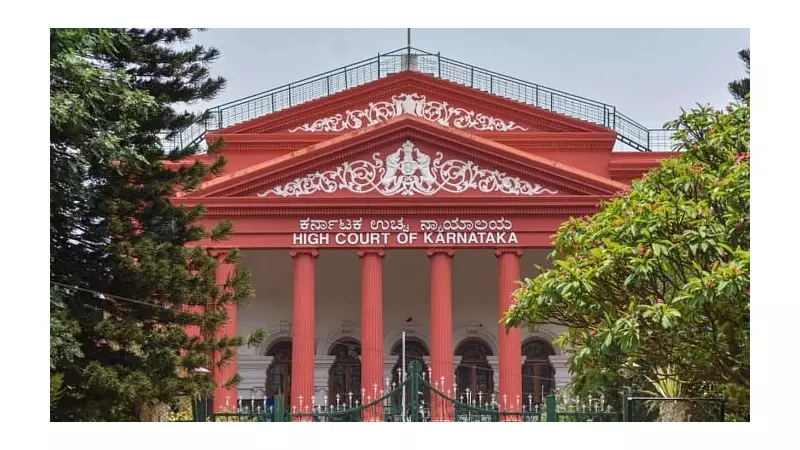
In a landmark judgment that has sent ripples through financial and legal circles, the Karnataka High Court has delivered a decisive blow to the Enforcement Directorate's (ED) attempts to attach properties that were legally mortgaged to banks.
Court Upholds Banking Security Over ED Claims
The High Court firmly dismissed the ED's appeal, reinforcing the protected status of assets that have been formally mortgaged with banking institutions. This ruling establishes a crucial precedent in the ongoing tension between enforcement agencies' investigative powers and the sanctity of banking transactions.
Legal experts are celebrating this decision as a major victory for financial stability and banking security. "The court has drawn a clear line in the sand," explained a senior banking lawyer who preferred anonymity. "When properties are legitimately mortgaged to banks, they cannot be arbitrarily attached by enforcement agencies, even under PMLA investigations."
What This Means for Banks and Borrowers
The judgment provides much-needed clarity on several critical aspects:
- Enhanced protection for banks against sudden asset attachments
- Greater security for borrowers with legitimate banking relationships
- Clear boundaries for ED's powers in property attachment cases
- Strengthened position for financial institutions in recovery processes
A Waters Moment in Financial Jurisprudence
This ruling comes at a time when there has been increasing concern about the overlap between enforcement actions and established banking protocols. The Karnataka High Court's decision sends a strong message about the importance of maintaining the integrity of banking operations while allowing legitimate investigations to proceed.
Financial institutions across Karnataka and potentially nationwide are likely to breathe easier following this judgment. The court has effectively created a safety net for properties that are part of formal banking arrangements, ensuring that enforcement actions don't disrupt the delicate ecosystem of credit and recovery that keeps the economy functioning.
As one industry insider put it: "This isn't just about one case; it's about protecting the entire framework of secured lending in India. The court has recognized that without this protection, the entire banking system's ability to recover loans would be compromised."





